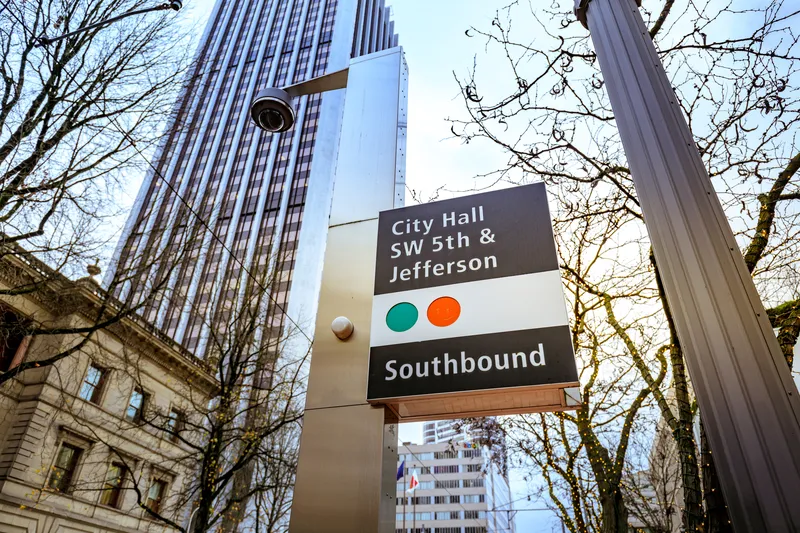Siemens received an order from the Paris public transport operator RATP (Régie Autonome des Transports Parisiens) to equip the 27 stations of Paris Metro the twelve kilometre Line 4 with signalling and operations control systems.
Siemens will supply its Trainguard MT automatic train control system that uses communications-based technology to achieve fully automatic, driverless operation. All train movements will be supervised via the operation control centre, which will also be supplied by Siemens. Spec
January 12, 2016
Read time: 2 mins
Siemens will supply its Trainguard MT automatic train control system that uses communications-based technology to achieve fully automatic, driverless operation. All train movements will be supervised via the operation control centre, which will also be supplied by Siemens. Special doors at the platforms will ensure additional safety at all 27 metro stations.
With around 700,000 passengers a day, Line 4 of the Paris Metro is one of the most frequented sections of the whole Paris mass transit network and the most important north-south metro link in the city. On its way through France's capital it stops at three major long-distance railway stations and is also the only line with transfer terminals to all 16 other mass transit lines.
"Automatic operation will enable Line 4 to offer a service interval of 85 seconds. At the same time, the automatic control will allow to reduce energy consumption by up to 15 percent," says Jochen Eickholt, CEO of Siemens Mobility. The order is worth around US$76 million. Work on the line is scheduled for completion in 2022.








